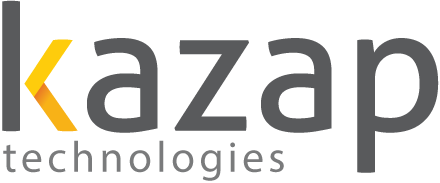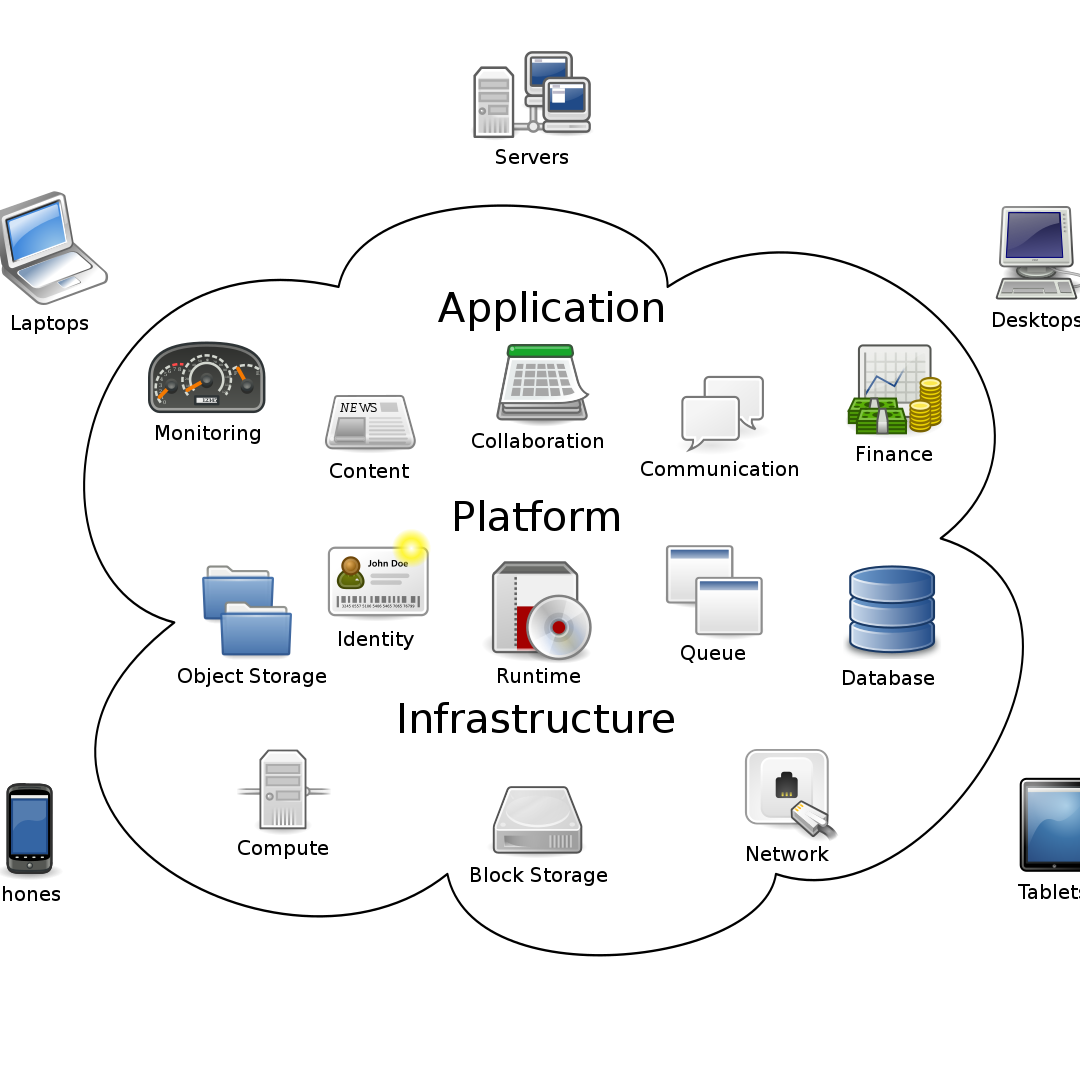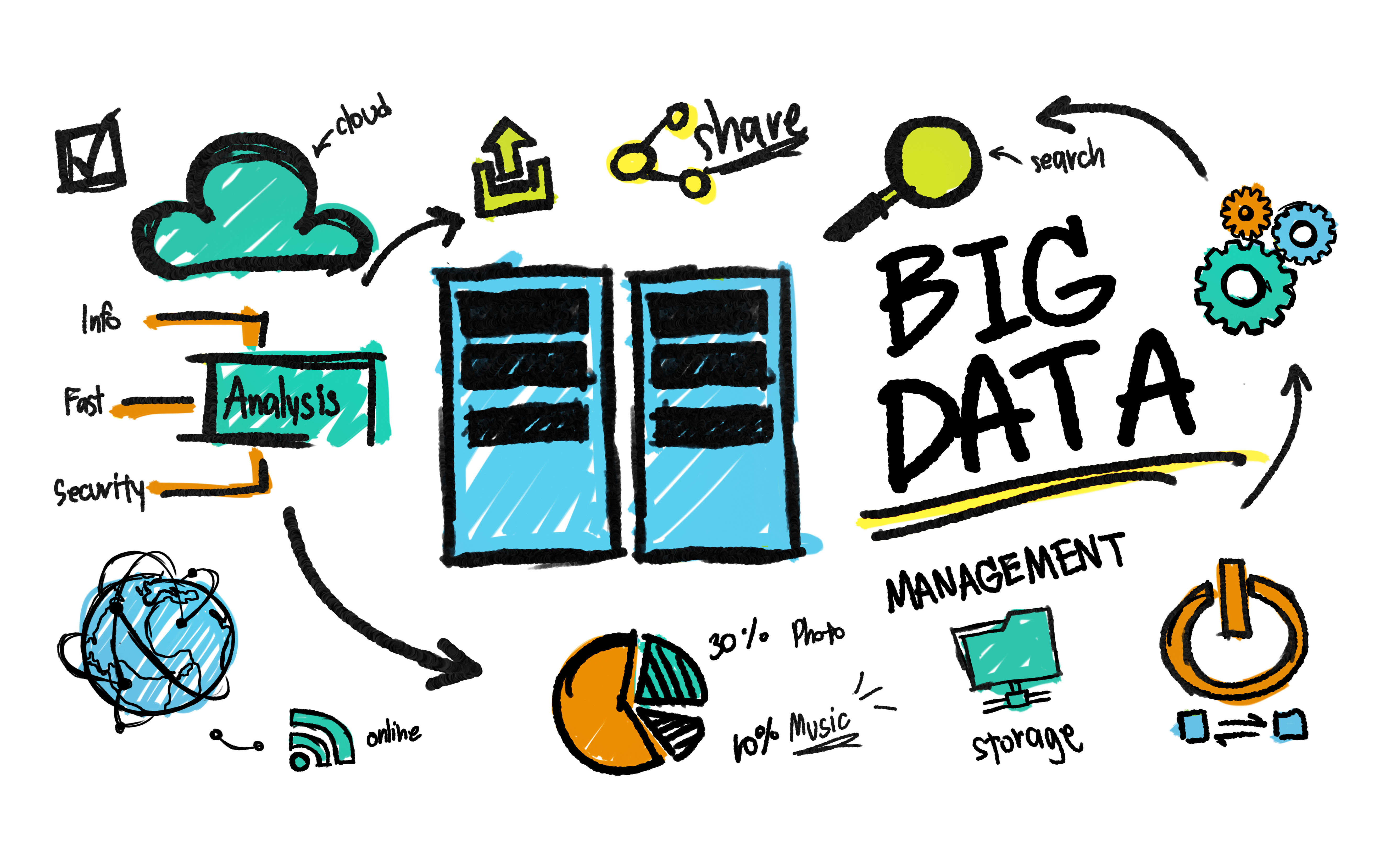At the moment we live, in which access and control of quality data are increasingly important, it is essential that managers know the types of cloud computing. Through this technology, a company can outsource computational power, which allows it to have access to software, applicationsand even file storage without the need to make large investments in its own IT structure.
Despite all the benefits of this technology, there are still many doubts about it. This can cause a company to opt for a solution that is not aligned with its need, a situation that would obviously reduce its efficiency.
Taking this into consideration, we decided to elaborate this content to help you with this choice. Read the article to learn about 3 of the main types of cloud computing and its features!
Software as a Service (SaaS)
The Software as a Service (SaaS)is one ofthe most widely used types of cloud computing. Basically, this cloud computing model provides users, whether individuals or companies, with access to a system installed on an external server. This type of processing allows the end user to access functionality even on less powerful devices, so that IT investments can be reduced.
By opting for this cloud computing service, the company does not need to purchase such powerful hardware. Also, in this model, the company does not have to purchase licenses and can have access to the software just by creating an account. Since the system in question is stored on the servers of its developers, they are responsible for tasks related to their maintenance and upgrade.
Platform as a Service (PaaS)
Many companies and companies choose to develop their own solutions in software and applications. This with the intention of having functionalities fully designed to meet your demands.
In this context, the platform as a service, or Platform as a Service (PaaS), emerges as an interesting idea. This type of cloud computing provides companies with a virtual environment in which they can host their software or application, test it, and implement it. Because it is installed in the cloud, employees can have access through a login, just as with SaaS.
The great advantage of this platform is that companies do not need to invest in their own structure to implement their software. Another interesting point about this technology is that it usually offers a number of tools and services so that the company in question can easily install your system or application.
Infrastructure as a service (IaaS)
It is normal for companies to need to invest in servers. After all, the amount of data they need to store to manage their operational routines is often very high. The big issue is that the costs of administering and maintaining a data center of their own are very high and tend to weigh on the budget of companies. Infrastructure as a Service (IaaS) solves this problem!
Through this technology, the company can outsource the entire structure of an external server, which allows it to have access to the functionalities of a data center without acquiring one. As with other types of cloud computing ,server administration costs are left to the service provider.
In addition, the service can be contracted in an escalated manner, according to the company’s demands. Therefore, you do not need to spend on features or functionality that will not be used.
Through these types of cloud computing, companies of all sizes and areas of expertise can access storage and infrastructurefunctionalities in an agile and secure manner. This convenience makes room for businesses to operate comfortably, with the necessary support to perform their activities. Taking these benefits into consideration, it’s easy to see the importance of this technology and the reasons that make it so necessary today!






